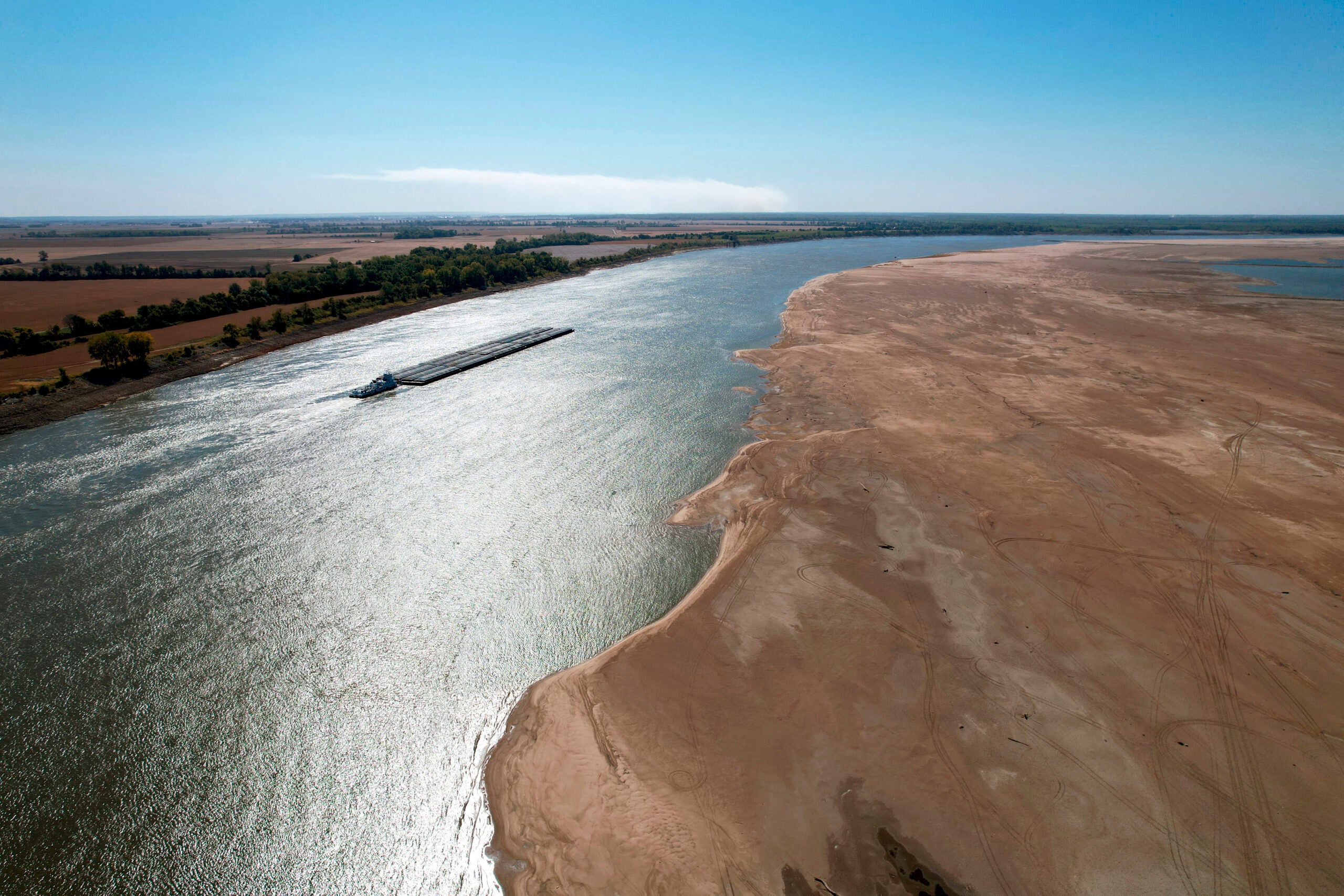A preliminary update to a 2003 Waters of Wisconsin report is being released Wednesday.
The revised document from the Wisconsin Academy of Sciences, Arts and Letters includes input from University of Wisconsin researchers, environmental groups and other stakeholders on the importance of the state’s water quality, what is affecting the water’s resources and policies aimed at protecting the waterways.
In the last 13 years, Wisconsin has passed a stronger groundwater protection law and joined other Midwest states in setting limits on diverting water from the Great Lakes, according to the report. But while there are strides, the report states serious problems remain, including pollution from fertilizer, runoff from large dairy farms and an increase in the number of high capacity wells found in the state.
Stay informed on the latest news
Sign up for WPR’s email newsletter.
Wisconsin Academy of Sciences, Arts and Letters Executive Director Jane Elder is calling for a more coordinated approach to protecting Wisconsin water.
“Without an integrated system that looks at surface and ground, Great Lakes and Mississippi, we have a much more piecemeal framework in terms of how we use water, how we manage it, how we make decisions about it,” Elder said.
Elder said an agency like the Wisconsin Department of Natural Resources would be the place to have that integrated approach. But she said the DNR is challenged by shrinking resources to monitor and enforce the Clean Water Act and deal with Wisconsin’s long-term water needs.
Local governments, universities and the private sector should also play an important role in an integrated approach to protecting water, Elder said.
Curt Meine, a conservation biologist and associate professor at UW-Madison, coordinated the 2003 report and helped with the latest addition. He said water concerns are connected.
“Surface water and ground water are connected,” Meine said. “The watersheds connect us, and unless your policies understand that at as a basic reality of water, you’re going to see problems crop up.”
Local governments, universities and the private sector should also play an important role in an integrated approach to protecting water and creating policies, Elder said.
Wisconsin Public Radio, © Copyright 2024, Board of Regents of the University of Wisconsin System and Wisconsin Educational Communications Board.






